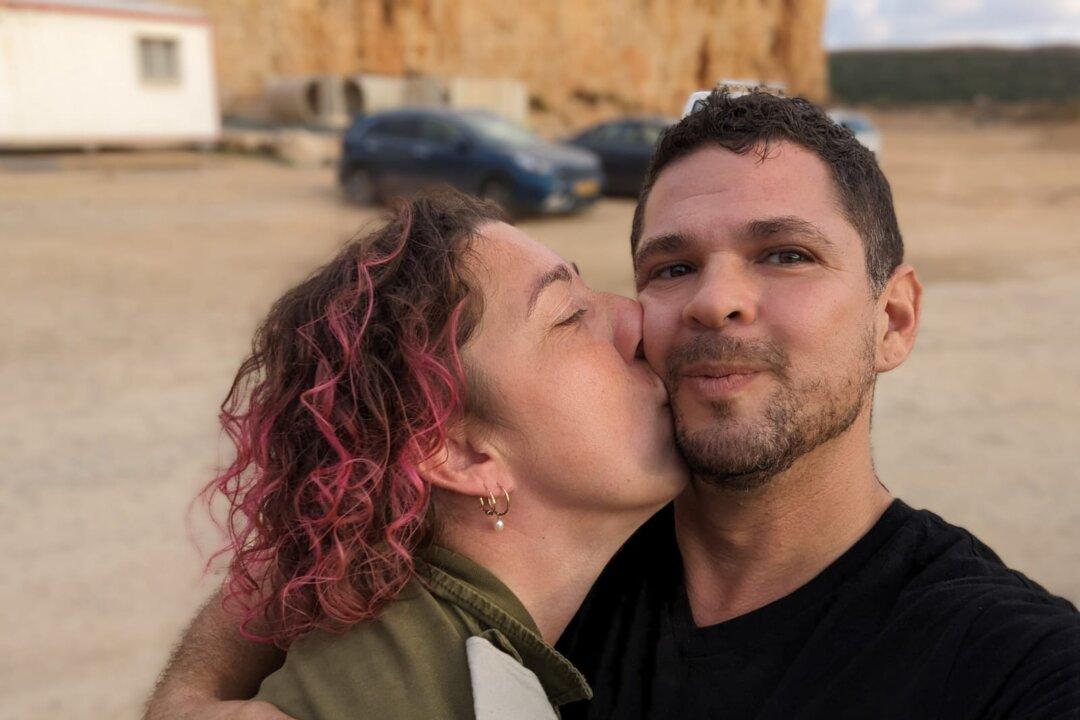Capt. Danit Silber has been on duty for almost two months. An IDF reservist, she dropped everything to answer her country’s call on Oct. 7, showing up on base three hours after getting an urgent phone call that fateful afternoon.
That means she is almost two months away from her two toddlers, a son, age 4, and a daughter, age 2. But Capt. Silber knew this was the price she might one day have to pay.





